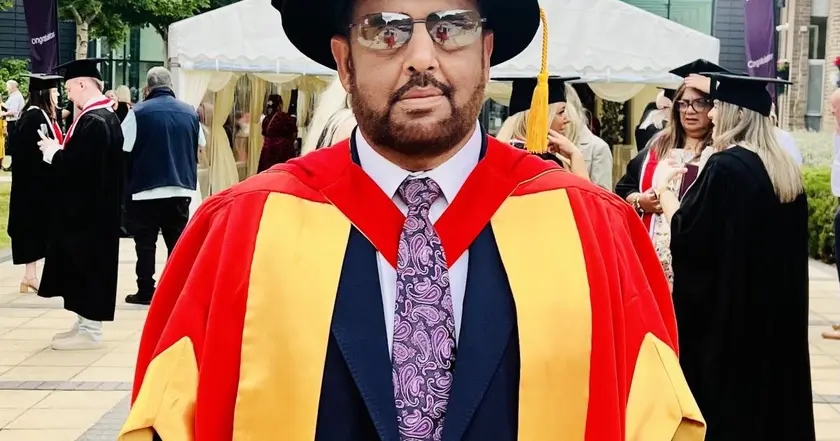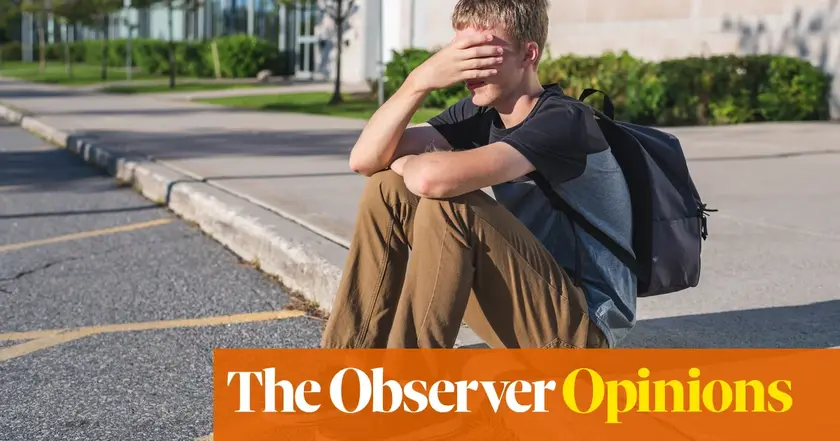T4K3.news
Young Muslims face challenges in Britain
An increasing number of young Muslims share feelings of alienation due to rising Islamophobia and economic pressures.

A reflection on belonging and identity for young Muslims in Britain.
Young Muslims confront challenges in Britain
Many young Muslims in Britain feel increasingly alienated in a society that has become hostile. The rise of Islamophobia, vandalism of mosques, and daily discrimination against Muslim individuals, particularly women, complicates their sense of belonging. Economic pressures, like the rising cost of living and shrinking job prospects, exacerbate these feelings. There is frustration as minority communities are often unfairly blamed for societal issues. Furthermore, anti-Muslim rhetoric has moved into mainstream conversations, advancing a dangerous narrative. The UK government’s Prevent strategy, originally intended to combat radicalisation, is viewed as a tool for intimidation rather than protection. As a result, many young Muslims contemplate leaving Britain in search of more accepting environments where they can freely practice their faith and raise families. Despite these adversities, some community members urge resilience, emphasizing their integral role in Britain’s fabric and calling for greater participation in politics and public life.
Key Takeaways
"When hatred becomes normalised, it opens the door to real-world violence."
This quote highlights the dangers of rising anti-Muslim sentiment in society.
"We need to speak up, challenge injustice, and protect one another."
This statement emphasizes the importance of communal resilience and activism among young Muslims.
"The UK gave us nationality, rights, education, and opportunity."
This line reflects gratitude for the opportunities available in Britain despite current difficulties.
"This is our home. We’ve made real progress here."
The author reaffirms a collective sense of belonging and contribution to British society.
This situation reflects a complex struggle for identity among young Muslims in Britain, who are caught between heritage and current realities. While some consider leaving as a response to discrimination, others argue for active engagement in society. This internal conflict hints at a broader societal issue where identity politics and systemic prejudice collide. The call to stay and lead emphasizes the need for visibility and representation. This emerging narrative pushes back against notions of retreat in face of adversity, advocating instead for active participation and fostering change in a society that desperately needs it.
Highlights
- This is our country too, built by generations of hard work.
- We are not guests in this country. We are part of its story.
- Instead of asking if we should leave, let’s ask if we should lead.
- Even in the face of hatred, our determination to stay strong remains.
Concerns about rising anti-Muslim sentiment
The article addresses alarming levels of Islamophobia, discrimination, and political rhetoric that could incite further social tensions.
Young Muslims hold a crucial stake in shaping a more inclusive future for Britain.
Enjoyed this? Let your friends know!
Related News

Report reveals challenges for young men in Britain

Reeves moves to curb habitat protections to speed projects

Manchester United lose young star to Strasbourg

Albania's Has faces upheaval from male migration

Britons report rising concerns about global safety

County lines gangs shift focus to phone theft

New-build homes in the UK suffer from severe overheating

Labour attacks Farage over Online Safety Act repeal
